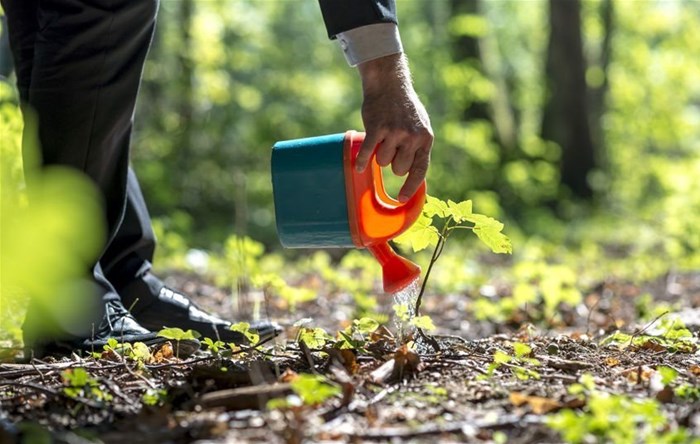South Africa is in the enviable position of being a net exporter of agricultural products. Aside from the obvious contribution this makes to SA's GDP and job creation, this, combined with excellent local production and 2 prior years of record exports, are the main reasons why SA has been able to ensure food security and curb food price inflation compared to the rest of the world.
As SA’s agriculture is export-orientated, the focus must be on safeguarding its seamless continuation. Attention should be centred on improving logistics efficiency, intensifying the promotion of South African products in export markets, and sustaining solid relations with existing critical export markets while securing expansion into new markets.
Challenges posed by the EU
This is particularly important in the context of growing tensions between the East and the West – as highlighted by the potential loss of SA’s benefits through the United States (US) African Growth and Opportunity Act (also known as AGOA) – and more onerous regulations being imposed by the European Union (EU).
One of these potential issues is the objective of the European Green Deal to reduce the environmental and carbon footprint in the way food is produced and consumed in the bloc. An obvious challenge here is South Africa’s dependence on fossil fuels, which is unlikely to meet the criteria required for EU targets.
However, equally problematic is the EU’s ever more stringent regulations, with the high cost of compliance likely to negate the benefits of our existing preferential trade arrangements with the region.
A case in point is the EU’s decision to institute cold treatment requirements for orange imports originating from Southern Africa in June last year – a ruling that was allegedly made to protect against false codling moth that feeds on many crops, including citrus.
The impact of this decision would be dire for South Africa’s citrus farmers, who send up to 800,000 tonnes of produce per year to the EU. Additional costs and potential loss of income may amount to more than R500m in 2023, while investment in cold storage technology and capacity of nearly R1,4bn will be required to enable full compliance.
Safeguarding SA's agricultural exports
The citrus sector currently sustains 140,000 jobs and brings in R30bn in export revenue annually. However, projected growth will potentially enable the industry to sustain a further 100,000 jobs and generate an additional R20bn in annual revenue – but it is clear that additional markets need to be sought for these exports to mitigate against potential loss in the EU market.
These threats highlight the importance of nurturing existing partner relationships while aggressively developing new markets in both the East and West. Currently, South Africa only has free trade agreements (FTAs) in two of South Africa's biggest markets – Africa and Europe – which collectively account for 62% of total agricultural exports.
The Middle East, Asia, the Americas and the UK currently account for 36% and are perhaps where attention is critical. Some of South Africa's fiercest competition is from other 'Global South' producers, which have various trade agreements in place with third markets in Asia, the Middle East, and the Americas.
The fact that these countries have either preferential or bilateral trade agreements, means that SA is effectively facing higher tariffs against our key competition in these markets. In turn, this means that local producers must overcome tariffs primarily through farm-level efficiency.
Nedbank, for example, does not shy away from working on challenges that hinder the potential of the agricultural sector, such as these, and we embrace the opportunities they present.
We collaborate with key organisations and stakeholders to enhance our depth of understanding, and, by combining this with a long-term and client-centred approach, we gain a 360-degree view of the unique risk drivers, as well as mitigation and growth strategies of our clients’ agribusinesses and the entire sector.










































